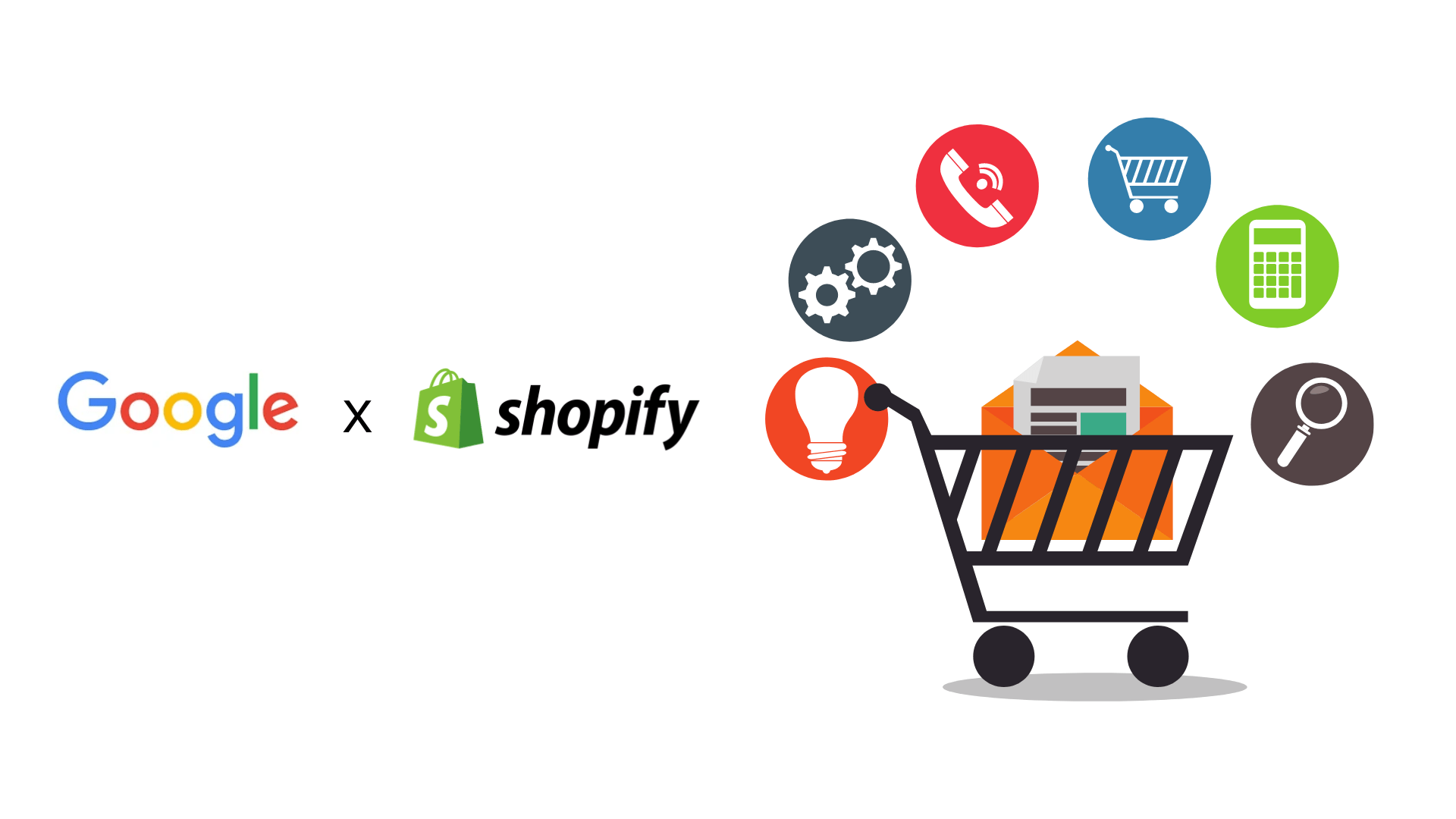Google recently announced partnering with Shopify to allow its 1.7 million merchants to sell their products across Google’s massive platform: through Search, Maps, Lens, Images, and Youtube.
“With just a few clicks, these retailers can sign up to appear across Google’s 1 billion shopping journeys each day,” said Bill Ready, Google’s president of commerce.
Following the e-commerce explosion that boomed during COVID-19, many big and small companies have been launching more partnerships and investments toward online businesses- including the bulky retail industry. That could mean a few things for the sellers in the market:
- Brick and mortar businesses can now expand their customer network beyond their physical location’s radius capacity by opening online channels.
- Small and medium-sized business owners can now operate their own web stores to sell their heavy products, wherever buyers are through their mobile devices.
- Large corporations can increase revenue by joining e-commerce networks to expand their sales channels.
While these are all great features, there’s still one more problem that the bulky e-tailers face:
- How do I actually deliver my heavy products to online consumers, cost-effectively?
This is a difficult question that many retailers struggle with today as the e-commerce industry continues to expand. You pay your carrier partner expensive shipping fees, yet are given no update from them regarding the item’s condition, then receive surprise fee charges due to sudden delays, and now your customers keep making “Where’s my order?” phone calls. The bad news is, you don’t even know either! According to a study by convey, 83% of customers leave a brand after one bad experience. Which means your customers won’t come back, and your business will struggle- no matter how great your products actually are. Just bad reviews after another commenting about how the terrible delivery service ruined their experience.

So, what is the solution?
The lack of digital delivery services in the final-mile industry has been one of the biggest challenges in the bulky retail industry. But as more consumers demand for real time visibility and network flexibility for their bulky shipments, it’s essential for supply chains to adapt and stay ahead. This kind of expectation can only be met however, by partnering with delivery providers who’ve incorporated advanced logistics technology in their operations. From rescheduling, traffic, ETA, warehousing, communication, item status, etc, these are information updates that vendors, shippers, and customers want and have a right to expect. Carriers who can provide this kind of transparency in their delivery process through an end-to-end network, will allow retailers to maximize their profits, provide fast and accurate deliveries, and most importantly, scale up their business with improved efficiency and reliable customer service.
For shippers managing their stores on eCommerce platforms like Shopify, there’s good news! Shopify now offers an integrated White Glove delivery service, where vendors can deliver items like furniture, exercise equipment, and other big and bulky goods to anywhere in the U.S. with nationwide coverage. Once installed, the app will seamlessly process the order information automatically, offering pricing quotes, tracking information, and additional features. All it takes are a few simple clicks- and your delivery will be on its way to your customers, just like that.





